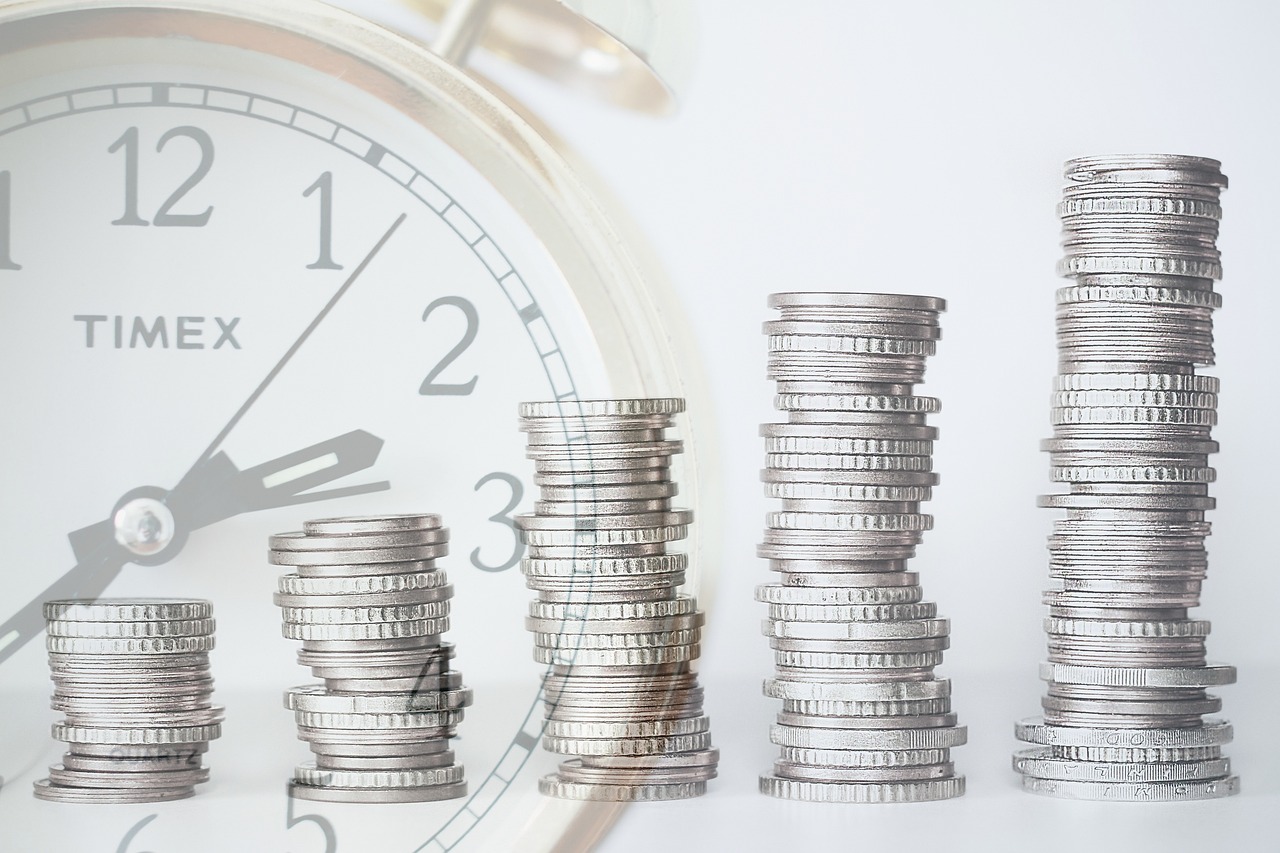How Bankruptcy Affects Student Loans and Financial Aid
Bankruptcy and student loans are topics that evoke deep emotions, especially when it comes to pursuing education amidst financial struggles. With the rising costs of education, many people turn to student loans, but what happens when these loans become insurmountable, leading one to consider bankruptcy? How does filing for bankruptcy influence one’s ability to receive financial aid or even private student loans in the future? Here’s an economist’s perspective on these pressing questions.
What is Bankruptcy?
Bankruptcy, by definition, offers an individual or business a chance to start fresh by forgiving debts that can’t be repaid. In the U.S., the two main types of personal bankruptcy are chapter 7 and chapter 13 bankruptcy. While chapter 7 bankruptcy involves liquidating assets to wipe out some or all debt, chapter 13 bankruptcy enables debtors to repay debts over time.

How Does Bankruptcy Affect Student Loan Eligibility?
For many, the pressing question is how bankruptcy affects their ability to get student loans in the future. Federal student aid is generally accessible even if you’ve filed for bankruptcy. However, if your student loans were previously discharged in bankruptcy, you might face limitations. The free application for federal student aid (FAFSA) doesn’t ask about bankruptcy directly, but lenders can see a bankruptcy filing on credit reports.
Can Student Loans be Discharged in Bankruptcy?
While most debts can be wiped out in a chapter 7 or chapter 13 bankruptcy, student loans are notoriously tough to discharge. To do so, borrowers must prove “undue hardship,” a stringent standard that many find challenging to meet. Most bankruptcy courts require proving that repayment would cause an inability to maintain a minimal standard of living, that this condition is likely to persist, and that the borrower has made good faith efforts to repay the loan.
Private Student Loans and Bankruptcy: What’s the Deal?
Federal and private student loans are treated differently in bankruptcy. While federal loans come with certain protections and forgiveness programs, private student loan
borrowers face stricter rules. Private loans cannot be discharged unless the borrower can demonstrate undue hardship. But remember, each bankruptcy case is unique, and outcomes can vary.
How Does Bankruptcy Affect Financial Aid Eligibility?
Bankruptcy can potentially impact one’s ability to get federal student loans or other forms of financial aid. Specifically, if you filed a chapter 7 or chapter 1

3 bankruptcy because of fraud or drug violations, you might face restrictions when applying for federal student aid.

What About PLUS Loans and Private Student Loans After Filing?
PLUS loans, part of the federal loan family, scrutinize credit h

istory more than Stafford loans. After a bankruptcy, securing a PLUS loan might be challenging, but not impossible. As for private student loans, lenders often view bankruptcy negatively, making future borrowing tougher.
Getting Federal Student Loans Post-Bankruptcy
Here’s some good news: filing for bankruptcy doesn’t automatically disqualify you from getting federal student loans. Stafford loans, for instance, don’t consider credit scores. However, your financial history plays a role in determining eligibility for some federal loans. For instance, with PLUS loans for parents and graduate students, lenders check your credit for signs of certain troubling financial conditions. If you’ve had a bankruptcy discharge (or other negative financial events) within the past five years, your application for a PLUS loan might be denied.
On a more positive note, if you have a bankruptcy discharge, you could still qualify for a federal student loan under certain situations. One option is to find a cosigner who has a good credit history. Another possibility is to demonstrate that you’ve experienced “extenuating circumstances” that were beyond your control, such as a serious illness or a sudden job loss.
In any case, it’s wise to consult with a financial advisor or a college financial aid office to explore your options. Federal loans generally offer lower interest rates and more flexible repayment terms than private loans. They’re particularly attractive for students who have limited income or credit history.
You can mend your financial health after a bankruptcy. It’ll take some time and careful planning, but there’s hope. A bankruptcy isn’t the end of the road—it can be the start of a new, more fiscally responsible journey.
Are There Exceptions to the Bankruptcy and Student Loan Conundrum?
Every rule has its exceptions. In rare cases, a bankruptcy judge may deem that repaying student loans presents undue hardship. While hard to prove, such determinations depend on factors like income, expenses, and the type of loan you’re dealing with. A three-prong test known as the Brunner Test is often used in such circumstances. The test is created to ascertain:
1. If Forced To Repay The Loan, The Borrower Couldn’t Maintain A Minimal Standard of Living: The borrower should provide detailed information about their expenses and income. This information must be proof that repaying the loan will make it impossible for the borrower to maintain a basic, minimal standard of living.
2. Additional Circumstances Indicate That This Hardship Will Persist For A Significant Portion Of The Loan Repayment Period: The borrower must prove that their financial difficulties are not temporary, but on the contrary, are likely to persist over a significant portion of the loan repayment period.
3. The Borrower Has Made Good Faith Efforts To Repay The Loans: It’s upon the borrower to show they made a genuine and good faith effort to repay their student loan before filing for bankruptcy.
Even if you pass all these prongs, it doesn’t guarantee that your student loans will be discharged in bankruptcy. The final decision rests with the judge presiding over your case. It’s essential to consult with a qualified lawyer to ensure your case is presented in the most effective and convincing way.
How Do I Navigate Private Student Loan Lenders After Bankruptcy?

Although challenging, it’s not impossible to qualify for a private student loan post-bankruptcy. It often requires a creditworthy co-signer and demonstration of financial responsibility post-bankruptcy. Here are some ways to increase your odds of qualifying:
1. Improve your credit score: After bankruptcy, start rebuilding credit by paying all your bills on time without fail and reducing the amount of debt you owe.
2. Find a good co-signer: A co-signer with a good credit score can increase your chances of getting a loan. This person assumes responsibility for the loan if you default.
3. Show steady income: Prove to lenders that you have a stable job and steady income, indicating your capability to repay the loan.
4. Apply with multiple lenders: Different lenders have different qualification requirements, increase your chances by applying to multiple lenders.
5. Be patients: It usually takes some time to rebuild credit after a bankruptcy. If you apply right after a bankruptcy, lenders may see you as a high risk.
Remember, it’s always important to weigh your options carefully and understand the terms and conditions before signing for a loan.
Important Things to Remember About Bankruptcy and Student Loans
- Bankruptcy is complex: Always consult with a bankruptcy attorney before making decisions.
- Federal vs. Private: Federal and private student loans have different rules concerning bankruptcy.
- Discharging is tough: Discharging student loan debt in bankruptcy is difficult but not impossible.
- Future borrowing is possible: While a past bankruptcy can affect your ability to get loans, it’s not a hard stop, especially for federal student loans.
- Always communicate: If you struggle with student loan payments, always communicate with your lenders. They may offer assistance or payment plans.
Equipped with this knowledge, you’re now better prepared to understand the intricate dance between bankruptcy, student loans, and financial aid. Always remember that while finances can be challenging, knowledge is power.

